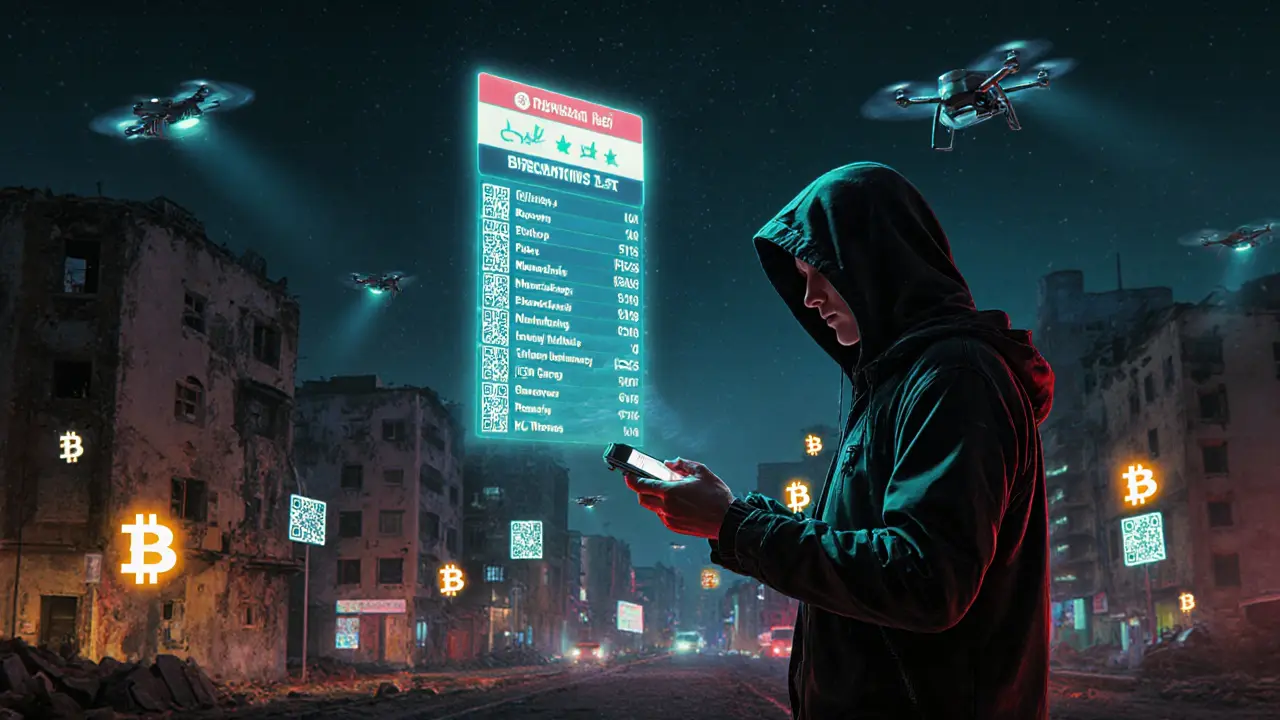Cuba Sanctions and Crypto: How U.S. Restrictions Impact DeFi and Crypto Users
When the U.S. imposes Cuba sanctions, a set of economic and financial restrictions enforced since the 1960s to limit trade and financial access to Cuba. Also known as U.S. embargo on Cuba, these rules don’t just block banks—they ripple through crypto networks, making it harder for Cubans to use DeFi, buy tokens, or access exchanges. Even if you’re not in Cuba, these sanctions affect how crypto platforms operate globally. Many exchanges refuse to serve any user linked to sanctioned countries, not because they want to, but because they fear fines from the U.S. Treasury’s OFAC.
Blockchain forensics, the practice of tracing crypto transactions using on-chain data to identify illicit activity. Also known as crypto tracking, it’s the tool governments use to catch people trying to bypass sanctions. Companies like Chainalysis and Elliptic map wallet addresses, flag suspicious flows, and report them to regulators. If a Cuban user tries to swap tokens through a mixer or use a P2P platform to buy Bitcoin, that transaction might get flagged—even if the user isn’t doing anything illegal. This isn’t science fiction. It’s happening right now, and it’s why many DeFi apps quietly block Cuban IP addresses.
That’s why you’ll see posts here about sanctions evasion, strategies used by individuals and platforms to circumvent financial restrictions. Also known as crypto circumvention, it includes using VPNs, P2P platforms, or non-KYC exchanges. But here’s the catch: most of these workarounds are risky. A fake exchange like Libre Swap or IslandSwap might let you trade, but it could be a rug pull designed to steal your funds. And if you’re sending crypto to someone in Cuba, you could be unknowingly violating sanctions yourself.
The real story isn’t about tech—it’s about access. People in Cuba aren’t trying to fund terrorism or evade taxes. They’re trying to buy food, pay for medicine, or send money home. But the same tools that let them survive—crypto, P2P trading, decentralized finance—are now under surveillance. That’s why posts on this page focus on the gray areas: how Bangladeshis use VPNs to trade crypto, how Georgia’s rules differ from Cuba’s, and why platforms like Mercado Bitcoin or BC Bitcoin avoid sanctioned regions entirely. There’s no easy fix. But understanding how sanctions work, how they’re enforced, and where the traps lie can help you stay safe—even if you’re just curious about what’s happening on the other side of the blockade.




